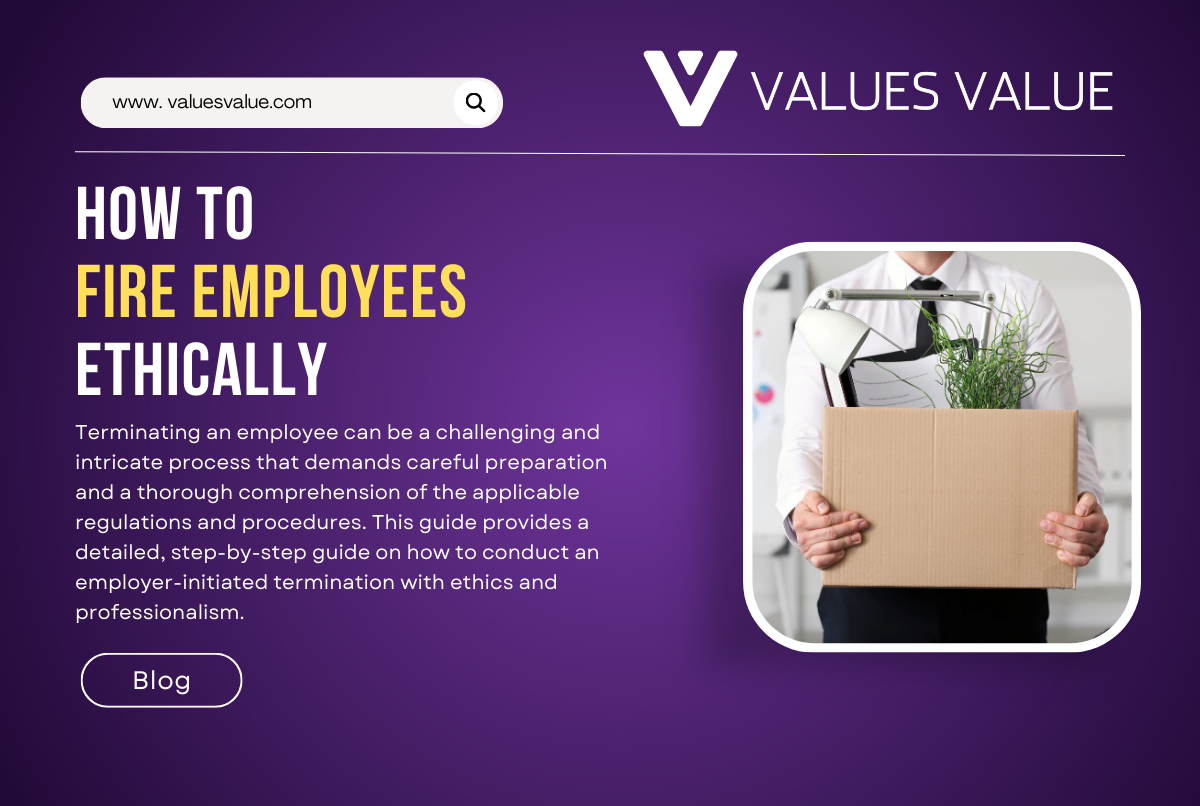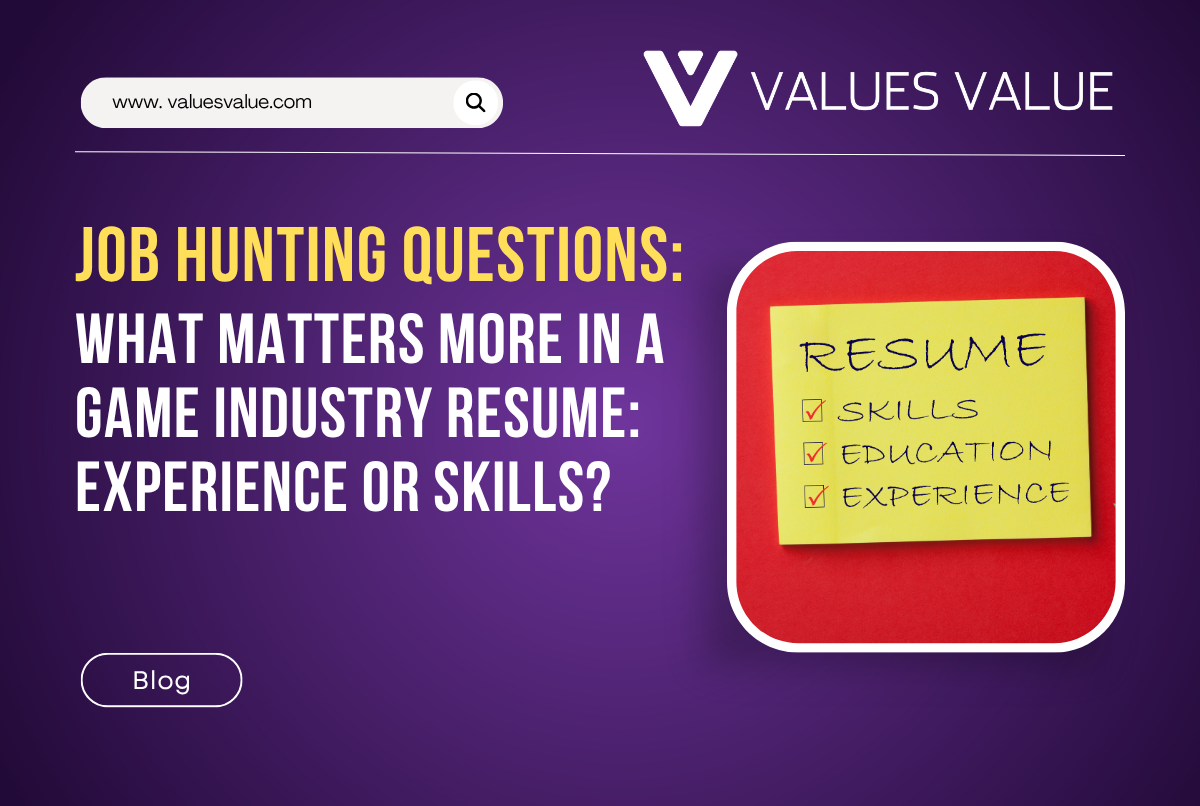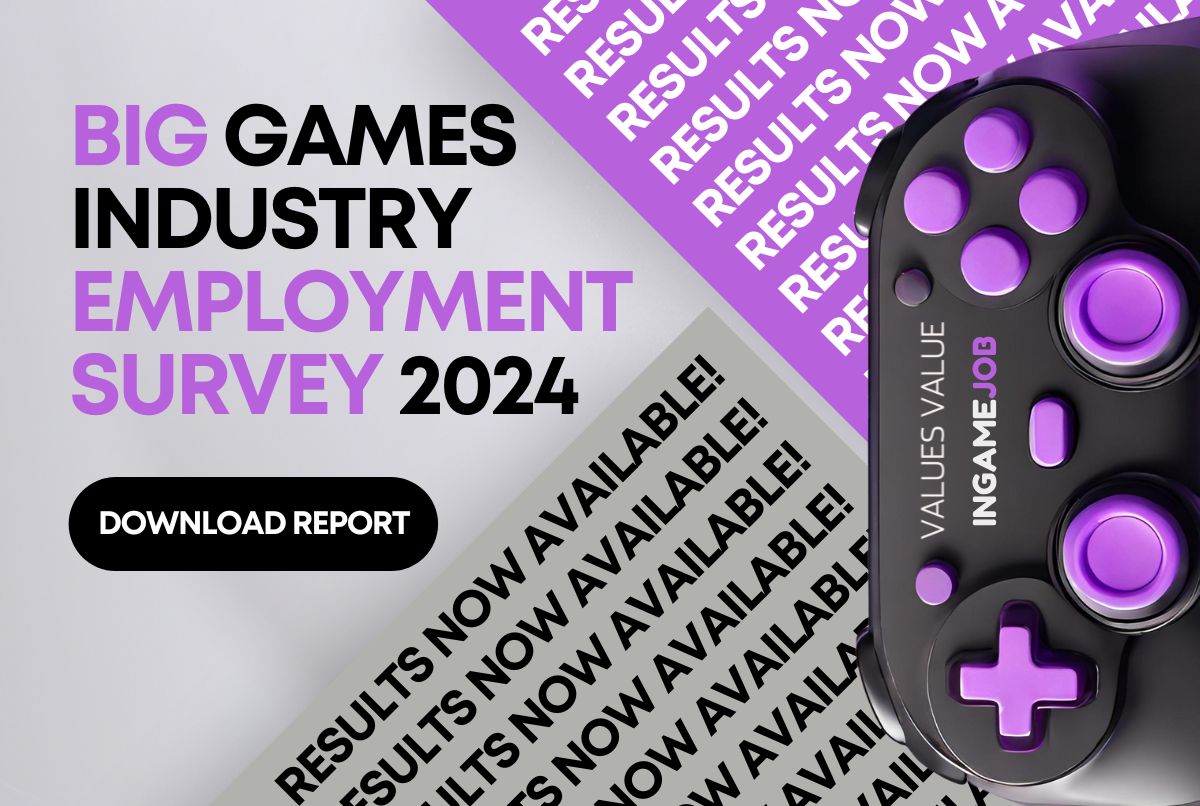Ethics are a critical aspect of our business at Values Value. That’s why we have established a professional code of ethical recruiting as one of our foundational documents. This is vital in our day-to-day work because professionalism in recruitment goes hand-in-hand with ethical considerations.
Ethical norms apply to all stakeholders in the labor market, including recruiters, HR professionals, applicants, and business owners. The communication that recruiters create is an integral part of the employer’s brand.
Recruiters should carefully consider which channels to use, how frequently to communicate, and the appropriate tone when communicating with candidates. Transparency before and during interviews is key, as is providing feedback in a constructive manner. Salary negotiations should be fair, and recommendations should be collected with respect for individuals’ boundaries. Building an ethical hiring process involves considering all these factors.
By paying attention to these ethical considerations, we can contribute to making the games industry an even better place. At Values Value, we are committed to upholding high ethical standards in our recruitment practices, and we believe that prioritizing ethics in our interactions with candidates is crucial to our success.
1. Everything Starts With Job Descriptions
Job descriptions serve as a foundation for future communications. It’s crucial to write job postings accurately, clearly outlining requirements, conditions, and the hiring stages.
Our guide “How to write a job posting to get more coverage” provides further insights.
2. Initiating Сommunication
 As per ethical norms, it’s important to ask candidates for their preferred communication channel. However, the initial contact should be made through a professional social network like LinkedIn or via email, adhering to ethical communication practices. Resorting to tricks or pretending to have previously communicated through another channel is unethical and should be avoided.
As per ethical norms, it’s important to ask candidates for their preferred communication channel. However, the initial contact should be made through a professional social network like LinkedIn or via email, adhering to ethical communication practices. Resorting to tricks or pretending to have previously communicated through another channel is unethical and should be avoided.

”It's important to be mindful of the length and content of your initial message. Candidates may find lengthy messages with excessive information about your company and position overwhelming. A more effective approach is to introduce yourself, state the reason for reaching out, and inquire if the candidate is open to considering your proposal. Once you have their approval, you can provide a concise description of the position and share additional details as needed.
3. Controlling Style And Content Of Communication
When communicating with candidates, use professional language without excessive formality. Create a trusting atmosphere without resorting to inappropriate jokes, impudence, or slang.
Personalize your messages and avoid using generic templates or addressing candidates by incorrect names.
Be selective in reaching out to candidates, ensuring relevance to the specific vacancy rather than indiscriminately offering positions. Avoid errors in your communication and demonstrate deep knowledge of the position being offered. If you make a mistake, acknowledge it and provide a brief explanation.
Never speak negatively about a candidate’s current place of work, as it is unprofessional and unethical. Furthermore, refrain from offering a candidate an “interesting project” unless you have determined their genuine interests through proper communication and understanding of their preferences.
Adhering to these ethical guidelines in job communication ensures a respectful and professional approach towards candidates, fostering a positive employer brand and contributing to ethical recruitment practices.

”I always strive to ensure that candidates are satisfied with the recruitment process by taking all possible measures to avoid any issues. However, if a situation arises where a candidate expresses anger or dissatisfaction with the company or myself, I make it a point to reach out to them to understand the reasons behind their emotions. If it's something that can be addressed, such as a request for more detailed feedback or recommendations for development, I apologize for any discomfort caused and provide the information they seek.
However, there may be instances where a candidate's behavior is not reasonable and displays toxic behavior. In such cases, the best approach is to respond with a polite and public answer that provides detailed reasons for rejection, and mark their candidacy as not suitable for future consideration in our database.
4. Frequency Of Communication
We recommend pinging candidates every 2-5 days, depending on the urgency of the vacancy and the progress of work. However, never reproach a candidate for their silence. Instead, use polite phrases such as “I want to remind you of myself/return to our conversation” or “Perhaps the letter was lost/was missed”.
5. Transparency In The Hiring Process
As a recruiter, it’s important to be a guide for the candidate in the hiring process and ensure transparency. Clearly indicate the stages of the process, their expected duration, and deadlines for providing feedback. Avoid delays in providing feedback and communicate promptly with the candidate, even if the hiring manager is not ready with a decision at the agreed time.
If you plan to record the interview, inform the candidate in advance and explain the purpose. Control the interview process between the hiring manager and the candidate, gently moderating the conversation based on pre-prepared goals and scenarios. Timing is the recruiter’s responsibility, so respect the candidate’s time and create a positive impression through well-organized interviews.

6. Confidentiality Of Information
When discussing a candidate with the hiring manager or colleagues, refrain from personal evaluations and focus on the candidate’s real motives and needs.
Keep all sensitive information received from the candidate confidential at all times, and ensure that any sharing of their CV or data is done with their explicit permission. Inform candidates about data collection and usage before screening, providing a Privacy Policy link in email signatures or LinkedIn messages. Never add candidates to a database without obtaining their permission.
By adhering to these principles, recruiters can maintain professional and ethical standards in their communication and interactions with candidates, building trust and fostering a positive candidate experience throughout the hiring process.
7. Always Give Correct Feedback
It’s important to always provide accurate and timely feedback to candidates. Feedbacks hold a significant value in the hiring process, and it’s crucial to ensure that every candidate receives feedback.
To avoid forgetting candidates and providing timely feedback, it’s essential to utilize automation in your workflow. Regular maintenance of the database and ATS (Applicant Tracking System) helps to handle the work comprehensively and provide feedback on time. Candidates can feel disappointed when they don’t receive feedback, especially after an in-person interview, and this can negatively impact the HR brand of the company.
When rejecting a candidate, it’s important to provide reasons for the rejection and highlight the candidate’s strengths. While it may not always be possible to provide a detailed feedback from the hiring manager, the recruiter should strive to mitigate any negative impact by preserving the HR brand of the company.
During the interview process, it’s crucial to avoid evaluating the candidate’s response through gestures, words, or facial expressions. Even if a candidate answers incorrectly, it’s best to respond neutrally with “OK” or “thank you”. It’s important to maintain politeness and refrain from expressing personal opinions or disliking the candidate or their views.
In challenging situations where a candidate behaves inappropriately or impolitely, it’s essential to remain calm and maintain a professional tone. It’s also recommended to conclude the meeting appropriately, as it’s apparent that the vacancy may not be suitable for them.

8. Don’t Discriminate Against Candidates
It is crucial to uphold principles of fairness, equality, and diversity in all aspects of recruitment and selection.
First and foremost, candidates should be evaluated based on their qualifications, skills, and experience, rather than any personal characteristics such as race, gender, religion, age, sexual orientation, or disability. These characteristics have no bearing on a person’s ability to perform a job effectively and should not be used as criteria for selection or rejection.
Furthermore, it is important to recognize and eliminate unconscious bias that may inadvertently influence decision-making during the hiring process. Bias can arise from various sources, including cultural upbringing, societal stereotypes, and personal preferences. Hiring managers and recruiters must be vigilant in identifying and addressing any biases they may have, and ensure that their evaluation of candidates is objective and impartial.
Discrimination against candidates not only violates the principles of fairness and equality, but it can also result in missed opportunities for companies to access top talent. By embracing diversity and eliminating discrimination in the hiring process, employers can benefit from a more diverse and inclusive workforce, which has been proven to lead to better business outcomes, increased creativity, and improved problem-solving skills.
9. Negotiating Salaries
Negotiating salaries can be approached in a thoughtful and respectful manner to ensure a positive outcome for both the candidate and the employer. At Values Value, we believe in open communication and mutual understanding during the negotiation process.
When a candidate shares their financial expectations, avoid making quick judgments and instead aim to understand their perspective. It’s not appropriate to bargain during the interview, regardless of whether the candidate’s expectations are higher or lower than the anticipated range for the vacancy. Instead, politely inquire about the candidate’s priorities and desired salary.
If a candidate requests a salary above the vacancy’s range, honestly and respectfully communicate this information to them, and ask if they are open to reconsidering their request or if the vacancy may no longer align with their interests.
In cases where the company is unsure about the appropriate salary range or considers the candidate’s financial expectations to be unrealistic, we can provide market statistics or share the results of our salary survey to facilitate an objective approach to the issue of financial compensation. Our aim is to ensure that both the company and the candidate arrive at a mutually satisfactory agreement.

10. Asking For Recommendations
Requesting recommendations from candidates can be done in a thoughtful and organized manner to ensure reliable feedback. At Values Value, we follow certain guidelines when asking for recommendations to streamline the process and ensure fairness.
Firstly, we do not request recommendations from a candidate’s current place of work, but only from their previous employers. It’s important to communicate this to the hiring manager to avoid any unintended requests for feedback. We also discuss and agree upon the rules for requesting recommendations with all participants in the selection process, including who will request the recommendations, how it will be done, and at what stage of the process.
To initiate the recommendation process, we typically reach out to the candidate and inform them about the stage at which we will be collecting recommendations. We may ask the candidate to share the contacts of colleagues who can provide feedback.
For candidates who held non-leadership positions, it’s appropriate to request recommendations from 2-3 former managers. For candidates in managerial roles, feedback from both managers and subordinates can provide valuable insights. We generally do not request recommendations from colleagues the candidate worked with more than three years ago, as their perspective may not be as relevant considering potential changes in the candidate’s skills and abilities over time.
To ensure meaningful feedback, we formulate specific questions related to the competencies and skills required for the vacancy. For example, we may ask about the candidate’s ability to delegate responsibilities or their proficiency in a particular area such as monetization.
It’s important to note that recommendations should not be relied upon entirely, as they can be subjective and influenced by personal conflicts or impressions. They should be used as one source of information to confirm or refute impressions from the interview process, check facts, and consider multiple opinions.
Looking for a recruitment partner?
Values Value is a team of game development recruiting experts.
Since 2017, we have been helping video games industry companies to hire entire teams, headhunt top-level talents, study the labor market and salaries in the industry.
Our recruitment agency focuses on result, speed and top-notch recruitment processes.
The candidate is our core value, as a game recruitment agency we stand up for the employee’s right to decent working conditions and a comfortable job change process. We love games and believe that by matching game dev talents with great companies players get more chances to enjoy top games.








